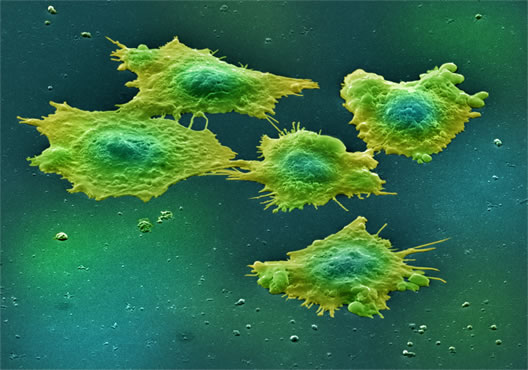 13 March 2011 last updated at 20:09 ET Share this page Laurie Whelan: Helping further cancer research
13 March 2011 last updated at 20:09 ET Share this page Laurie Whelan: Helping further cancer research
When Laurie Whelan's brother "bullied" him into going for a prostate cancer check, the retired scientist was unconvinced.
Despite both his brothers having been diagnosed with the cancer, he had no obvious symptoms and did not believe it could happen to him.
Even his GP was sceptical, telling him the condition did not run in families.
But, as Laurie was to learn for himself, we now know that's not the case.
What is more, Laurie, and his three sons are helping to track down the genetic flaws that give some men a higher chance of developing the disease.
They are taking part in a new study to investigate whether we have enough knowledge of the genetics of prostate cancer to screen men with a strong family history.
Laurie's son Tim, aged 49 and from London, says: "there aren't that many people with such a strong family history
"It's one of those diseases that because it's a bit embarrassing, no-one knows about it. when my dad asked me to join the study I was happy to help."
Prostate cancer – the most common cancer in men – has cast a shadow over two generations of the Whelan family.
Both of Laurie's brothers were diagnosed with the condition in their fifties. they later died from unrelated conditions.
It was Laurie's younger brother, who was diagnosed in 1997, who persuaded Laurie to see his GP.
"My brother told me it was likely to be genetic and to get tested. he bullied me – so I finally got the test and I did have it."
The cancer was already fairly advanced, and surgery was not an option. so he was given hormone therapy in a bid to shrink the tumour, followed by radiotherapy.
Laurie is now 82, and in good health.
When he was invited to take part in the study, he had no hesitation.
"I'm very pleased to take part in it," says Laurie, who lives in London. "it is a good thing to help further the cause.
"also I am being monitored more closely than I otherwise would."
Like other participants in the study, he has had his DNA tested for the 31 known genetic variants linked to a higher risk of prostate cancer.
Having one of these genes gives only a tiny added risk, but when combined they can add up to higher risks.
Professor Ros Eeles from the Institute of Cancer Research is leading the study, known as PROFILE.
She says: "this study will show us whether we have enough knowledge about prostate cancer genetics to help find men at higher risk of the disease, and whether we should therefore start screening these men.
"Screening men at higher risk could potentially lead to earlier diagnoses, which would improve their chances of a cure."
Men taking part in the study give a blood sample, from which DNA is extracted.
Scientists then screen for genes known to raise the risk of prostate cancer.
Men with a higher risk are offered a biopsy to check for cancer. they also have a blood test to look at levels of prostate specific antigen – PSA.
The aim is to see whether genetic profiling can help give a better picture of men at high risk of prostate cancer, when combined with the current screening method of a PSA test and sometimes a biopsy.
The PROFILE study is open in London, and will eventually be extended to Oxford and Cambridge. Men aged between 40 and 69 with a family history of prostate cancer are invited to apply. More information is available on the Everyman Male Cancer Campaign website.